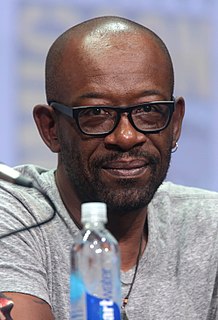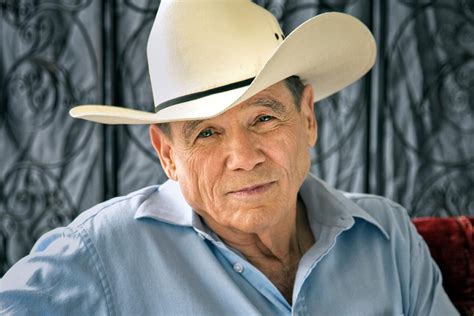A Quote by Dwayne McDuffie
I think the biggest advice I can offer is don't just pick one story and stop, write as much as you can, as many stories as you can. The best thing about being a writer is, a writer's craft is nearly perfect because a writer can go anywhere and do his craft.
Related Quotes
I think the first thing - if you want to be a writer - the first thing you need to do is write. Which sounds like an obvious piece of advice. But so many people have this feeling they want to be a writer and they love to read but they don't actually write very much. The main part of being a writer, though, is being profoundly alone for hours on end, uninterrupted by email or friends or children or romantic partners and really sinking into the work and writing. That's how I write. That's how writing gets done.
If you want to be a fiction writer, you need to start reading like a fiction writer. To do so, you need to learn about craft so that the next time you pick up a contemporary short story, you're reading it not as an abstraction floating in formaldehyde, existing simply for the theorist's dull scalpel to saw on, but as a concrete thing constructed out of words and shaped by syntax, brought to life by a writer who made several thousand choices, some large, some small, before letting that imperfect beauty, the story, walk on its own two feet.
The most difficult thing about living as a writer is precisely 'having to write.' Pretending to be a writer is easy. Living freely, reading many books, going on frequent trips, cultivating minor eccentricities... but genuinely being a writer is difficult, because you have to write something that will convince both yourself and readers.
I say "on principle" [regarding 'lesbian writer'] because whenever you get one of your minority labels applied, like "Irish Writer," "Canadian Writer," "Woman Writer," "Lesbian Writer" - any of those categories - you always slightly wince because you're afraid that people will think that means you're only going to write about Canada or Ireland, you know.
The best piece of advice I ever received about being a writer came from my brother Lee. I was just starting out and he told me that if I wanted to have a long career, I had to be versatile, that I shouldn't just think of myself in one way, because there would come a time when maybe that one thing wasn't working out for me - and I'd still want to earn a living as a writer.
I just think of myself as a writer. Yes, I'm a woman. And I'm a writer. The main challenge is that I like to write stories about young women, and society doesn't place much of a premium on young women's stories. And I think that's why I gravitate towards it. I really honor that, and I treasure that time, and they should be given that respect.
If you give a little credit to the concept of the artist, I think you ought to indulge excesses a bit, because that reflects the personality of the writer. Now if a joke is in bad taste or it's not funny, okay, that's awhole different thing, but how you craft a joke is really what the writer's job is, and I don't think that technique should be subject to any editorial constraints.
It's not possible to advise a young writer because every young writer is so different. You might say, "Read," but a writer can read too much and be paralyzed. Or, "Don't read, don't think, just write," and the result could be a mountain of drivel. If you're going to be a writer you'll probably take a lot of wrong turns and then one day just end up writing something you have to write, then getting it better and better just because you want it to be better, and even when you get old and think, "There must be something else people do," you won't be able to quit.
As a reader, when the writer gets sentimental, you drift, because there's something fishy going on there. You recognize a moment that's largely about the writer and the writer's own need to believe in something that might not in fact exist. As a reader, you think, 'Where did the story go? Where did the person I'm reading about go?'
I don't buy into the idea that an Irish writer should write about Ireland, or a gay writer should write about being gay. But when I found the right story, I saw it as an opportunity to write about being a teenager and being gay. Most people, whether you're gay or straight or whatever, have experienced that relationship where one person is much more interested than the other.





































